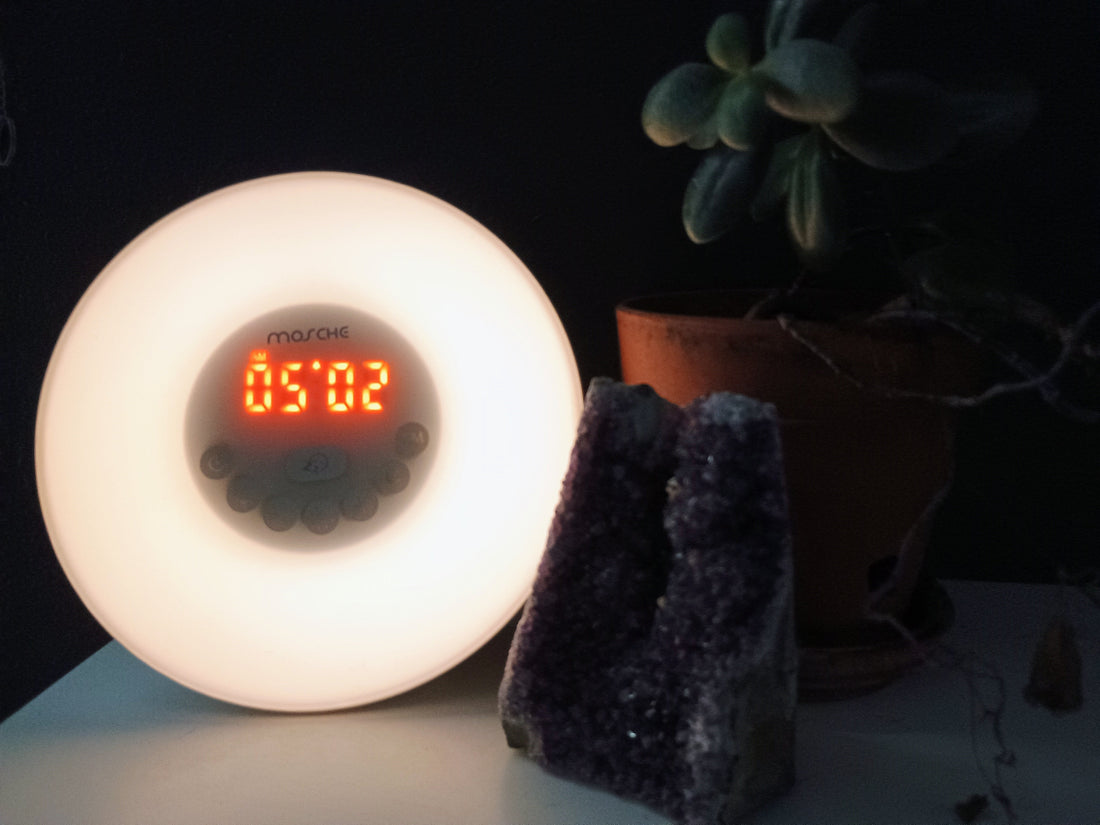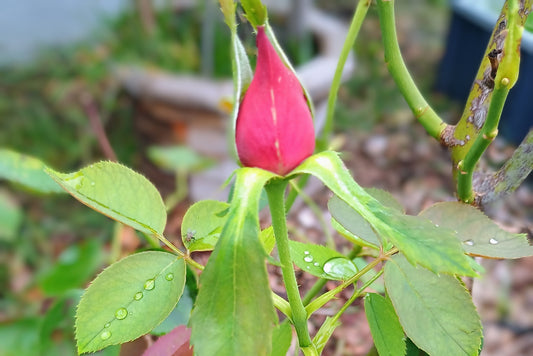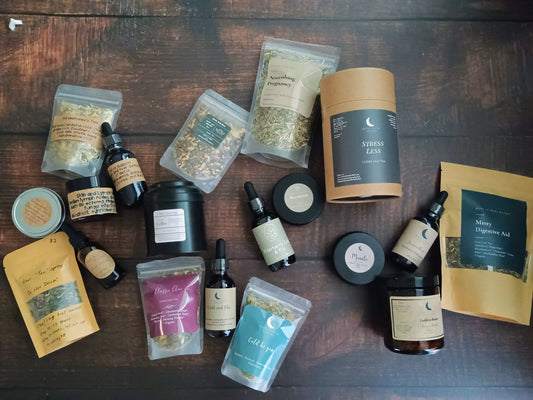
Daylight Savings Time
Sunday March 9th marks the beginning of daylight savings time for those who observe it. We move our clocks ahead one hour and for many of us this can disrupt our body's natural sleep-wake cycle, also known as the circadian rhythm. This shift in time can lead to feelings of grogginess, fatigue, and difficulty concentrating. If you dread the time change or have trouble adjusting, there are natural remedies that can help you realign your internal clock and get back on track.
How does daylight savings time affect your circadian rhythm?
When we spring forward or fall back an hour, it can throw off our internal body clock, which is regulated by light and darkness. Our bodies naturally respond to increasing and decreasing levels of light by releasing hormones, Melatonin and Cortisol, that helps us to gradually wake up or helps us to fall asleep. The sudden change in time can confuse your brain and body, making it harder to fall asleep at night and wake up in the morning.
What are some herbs that can help?
Knowing about the upcoming time changes can help us to prepare. We can begin adjusting our sleep schedules earlier on in the week, expose ourselves to light first thing in the morning, avoid stimulants such as caffeine and alcohol, the news and other stimulating shows, and we can create a routine that signals to our bodies it's time to unwind and relax. There are several herbs known for their calming and sleep-inducing properties that can aid in resetting your circadian rhythm as well. Chamomile, Valerian root, Passionflower, and Lavender are popular choices for promoting relaxation and improving sleep quality.
Chamomile
Chamomile is a gentle herb that has been used for centuries to promote relaxation and reduce anxiety. It can be found in pretty much every supermarket, and it has a subtle yet pleasant taste that most enjoy (including kids). It contains compounds that bind to the same receptors in the brain as drugs like Valium, helping to calm the nervous system and induce sleep.
Valerian Root
Valerian root is another herb that is commonly used as a natural remedy for insomnia and sleep disorders. It has a sedative effect on the brain and nervous system, making it easier to fall asleep and stay asleep throughout the night. Though Valerian root is an amazing choice it does not appeal to everyone. It has a strong smell that many cannot stomach and, in some people, it can have the opposite effect. Read this blog post for more info on Valerian and if it's the right choice for you. If you feel Valerian may be right for you, try our Deep Sleep tincture blend.
Passionflower
One of the most common sleep complaints is an overactive mind and when you have to go to bed when you're not fully tired, your brain can really kick into overdrive. Passionflower helps to quiet the mind. It gently relaxes the body and those with anxiety, anger, or frustration may find it brings them a little peace from the mental chatter. Our Sleep Easy Tea blend features both Chamomile and Passionflower
Lavender
Lavender is well-known for its soothing aroma and calming properties. Lavender can be drunk as a tea (though some find it too soapy tasting), used in a hot bath, sown into a sleep pillow, or just inhaled as an essential oil. It is hard to not find lavender in most bath and body products whose aim is to help you relax and sleep.
Luckily, for many of us, this adjustment doesn't take too long, and we won't need to deal with it again until Sunday November 2nd. By incorporating these herbs into your nightly routine, you can help your body adjust to the time change and improve your overall sleep quality. Remember to consult with a healthcare professional before adding any new herbs or supplements to your regimen, especially if you have existing health conditions, are pregnant or nursing, or are taking medications.



